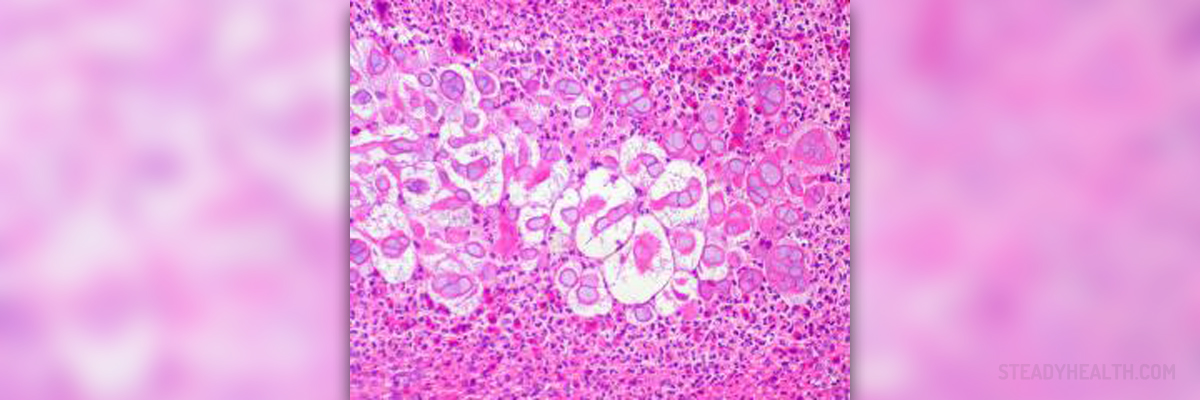
Genital Herpes
Genital herpes is usually caused by HSV 1 or 2 virus (herpessimplex virus 1 or 2). The problem with this viral infection is its recurrence,because more than 90% of patients may expect recurrent HSV 2 genital infection.Patients with genital herpes may also be asymptomatic. They don’t have to seeany changes on the genitals, but the virus is present in their body. In manycases, people are not aware of the infection that’s been going on in their bodyso they can transfer the infection to another person.
Asymptomatic shedding may affect the vulva, cervix, rectumor urethra, while it can appear on the genital skin or inside of the urethra inmen. Virus is also found out to be present in saliva of these patients.
Treatment for Genital Herpes
Paracetamol and salt water bathing might be useful for thepatients experiencing minor problems with genital herpes. However, some patientsmight need antiviral drugs to decrease the severity and frequency of recurrent episodes,and this is known as episodic oral antiviral therapy. Aciclovir, valaciclovirand famciclovir are found to be very useful, especially if used at first prodromalsymptoms such as the itching or the pain.
Suppressive therapy is another type of treatment for genitalherpes. It is used to prevent very frequent and severe recurrences of HSVinfection. This treatment is used every day, for a longer period of time.
The same medications used for oral episodic antiviral therapyare useful for suppressive therapy: aciclovir (Zovirax, Ozvir, Lovir, Zyclir),famciclovir (Famvir) and valaciclovir (Valtrex). All these drugs work insimilar way and they prevent the replication (multiplication) of the herpessimplex virus. These medications inhibit the synthesis of the DNA in the cellsaffected by HSV. Because they don’t affect any normal or uninfected cells,these drugs are safe and there are rare side effects after their use.
Suppressive therapy for HSV infection ensures no recurrencesor at least very few recurrent episodes after the treatment. Patients usually don’tfeel any more sores, ulcers or pain and many have much more decreased orcompletely no prodromal symptoms after the suppressive therapy.
Patients treated with suppressive therapy for HSV infectionusually experience improved psychological and also psycho-sexual wellbeing,which in turn improves their quality of life. Valaciclovir used in thistreatment is also proven to decrease the risk of sexual transmission of HSVinfection.


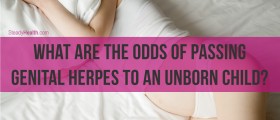
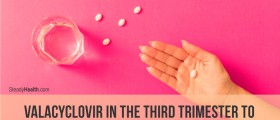
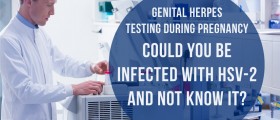





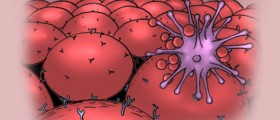
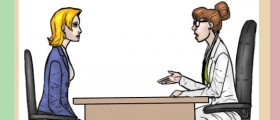
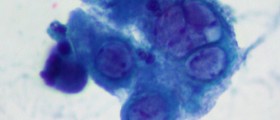

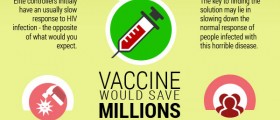
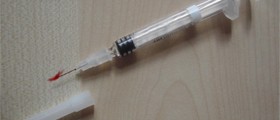

Your thoughts on this
Loading...